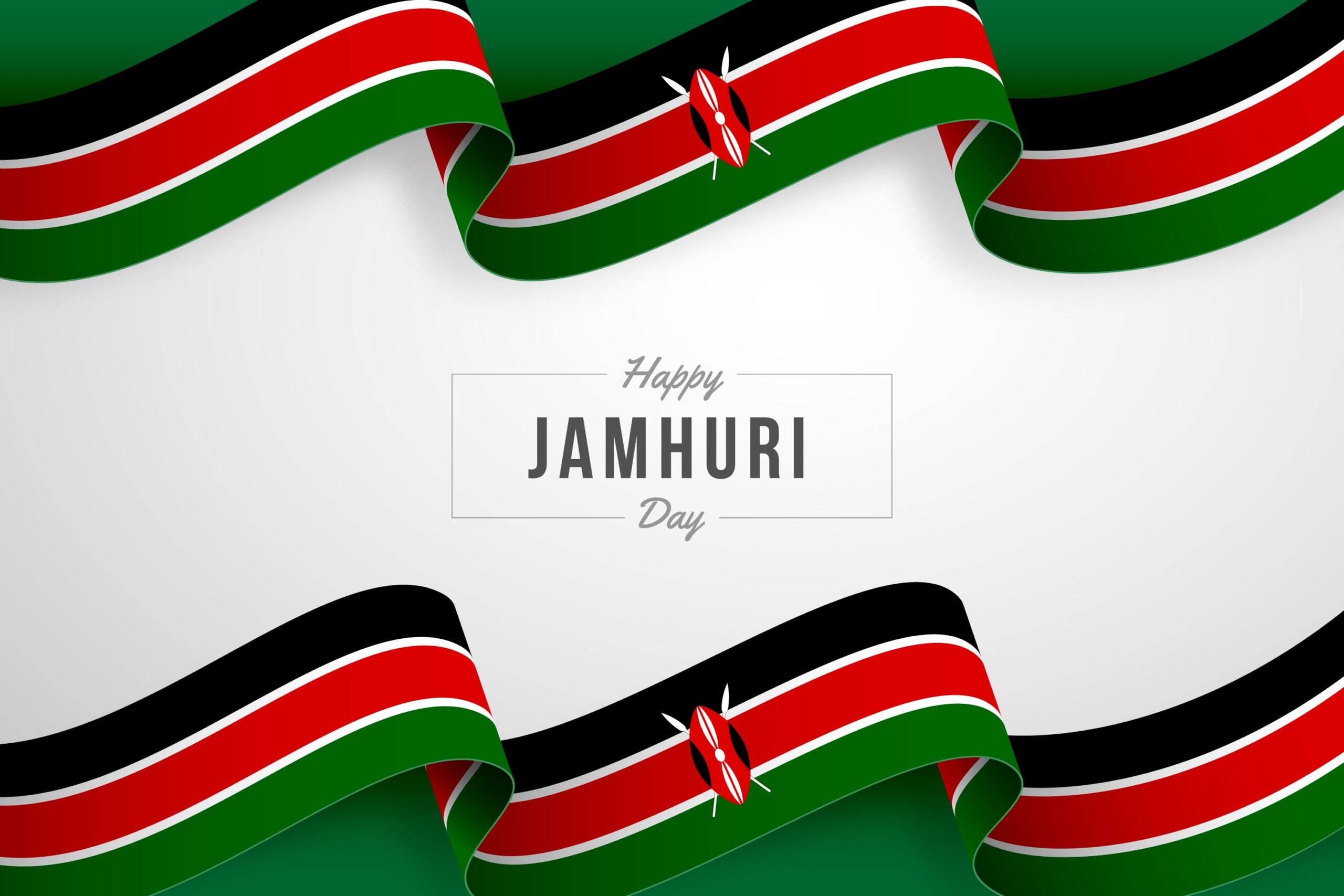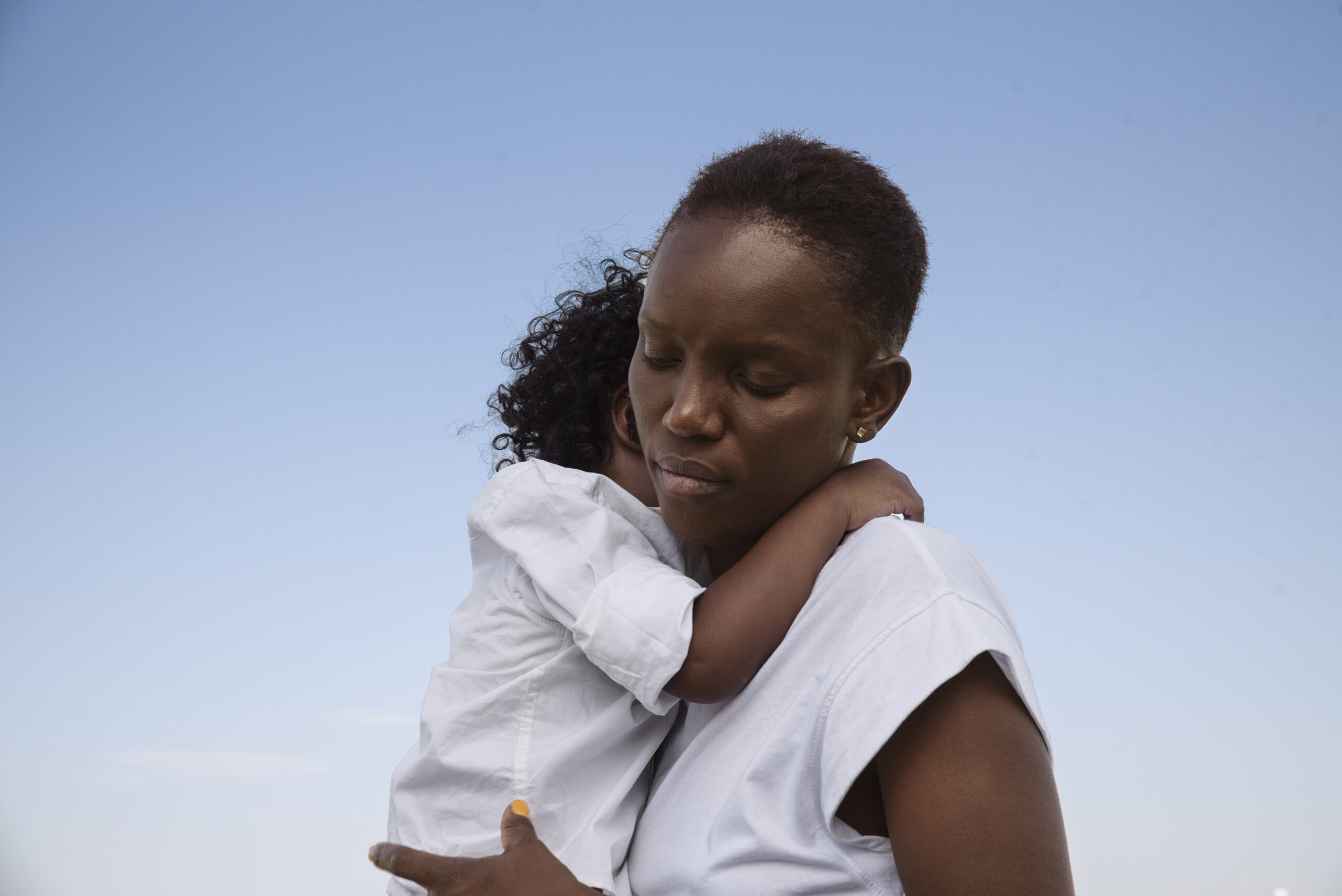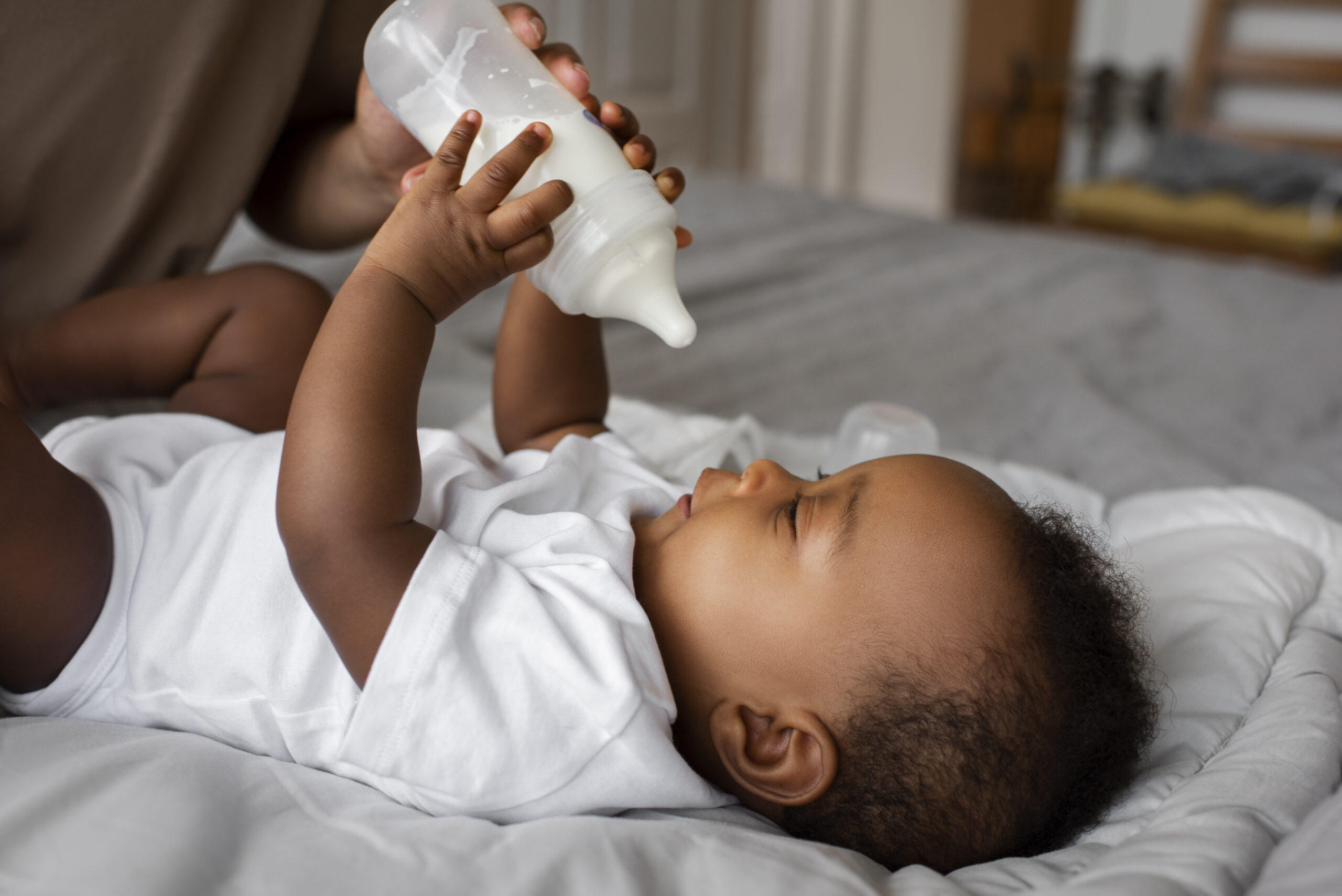The Catholic Church has entered a historic period of transition following the death of Pope Francis, who passed away on Easter Monday, April 21, at the age of 88. The Church is now preparing for the conclave that will elect his successor, marking a new chapter after a papacy defined by humility, inclusivity, and social justice.
Born Jorge Mario Bergoglio on December 17, 1936, in Buenos Aires, Argentina, Pope Francis was the first pope from Latin America and the first Jesuit to lead the Catholic Church. He was elected in 2013 after the resignation of Pope Benedict XVI and served as the 266th pontiff of the Roman Catholic Church. His leadership was marked by a strong focus on caring for the poor, addressing climate change, championing peace, and modernising Church practices.
His death has drawn tributes from leaders around the globe. In Kenya, President William Ruto led national condolences, describing the late pope as “a true servant leader who inspired millions through his humility and deep compassion.” Political parties, religious leaders, and citizens alike have shared their memories of a pontiff who connected deeply with people of all backgrounds.
With the papal seat now vacant, attention shifts to the process of selecting the next pope. The sede vacante period officially began upon the pope’s passing, suspending the administrative functions of the Vatican and initiating preparations for a conclave.
The gathering of cardinal electors—those under the age of 80—is expected to begin between May 6 and May 12, 2025, in the Sistine Chapel. A two-thirds majority is required to elect the new pope, with secrecy strictly observed throughout the voting process. White smoke from the chapel’s chimney will signal the successful election of the next pontiff.
Among the leading contenders are:
 Cardinal Peter Turkson (Ghana) – A prominent advocate for social justice and the environment, Turkson has long been seen as a strong voice for the Global South within the Church. His election would mark the first African pope in over 1,500 years.
Cardinal Peter Turkson (Ghana) – A prominent advocate for social justice and the environment, Turkson has long been seen as a strong voice for the Global South within the Church. His election would mark the first African pope in over 1,500 years.
Cardinal Pietro Parolin (Italy) – The Vatican’s Secretary of State and a seasoned diplomat, Parolin is known for his moderate stance, administrative competence, and ability to manage Church affairs during turbulent times.
Cardinal Luis Antonio Tagle (Philippines) – Often dubbed the “Asian Francis,” Tagle is revered for his humility and deep connection with grassroots communities. He is currently serving in the Vatican’s Dicastery for Evangelization.
Cardinal Fridolin Ambongo Besungu (DR Congo) – Archbishop of Kinshasa, Ambongo is a bold voice in African Catholicism, known for his strong stand on human rights, governance, and the environment. He also played a pivotal role during Pope Francis’s visit to the Congo in 2023.
Cardinal Matteo Zuppi (Italy) – Archbishop of Bologna and President of the Italian Bishops’ Conference, Zuppi has been involved in peace negotiations in Africa and is admired for his inclusive and compassionate leadership.
The election of the next pope is being closely watched around the world, especially given Pope Francis’ deep and transformative legacy. His ability to connect faith with social consciousness made him one of the most beloved global spiritual leaders of recent times.
As the Catholic Church prepares to make this critical decision, many faithful are reflecting on the values Pope Francis championed—compassion, justice, humility—and what they hope to see continued in the leadership of his successor.





